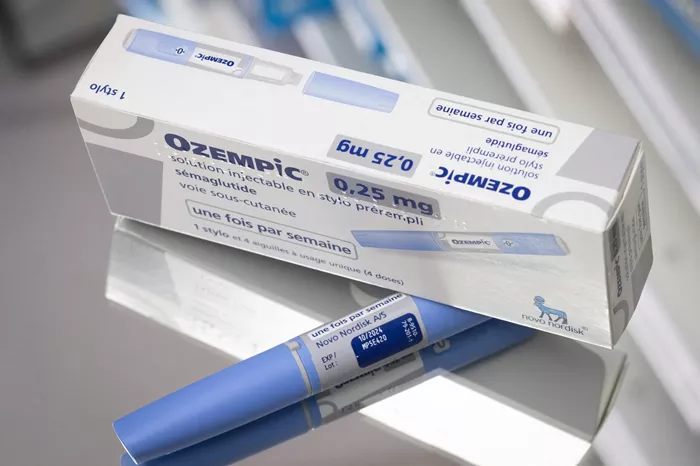The “behavioral” weight loss sector continues to face significant challenges, overshadowed by the rapid rise of “medical” weight loss treatments. Weight Watchers, now known as WW International, has filed for bankruptcy in the U.S. as part of its latest financial results.
WW International reported disappointing results, burdened by a debt of $1.1 billion. Despite this, the company emphasized that it is not giving up on its business just yet. Instead of filing for Chapter 11 bankruptcy and closing down, WW International announced it is using bankruptcy to restructure its debt. The company is currently in talks with a group of lenders and noteholders to reduce its debt obligations, but it has not provided guidance for its full-year results.
In an attempt to compete with the growing popularity of GLP-1 medications for weight loss, WW International began offering its members access to these drugs. However, this move came too late to avoid financial trouble.
While the U.S. situation remains dire, WW Australia announced that it is secure thanks to a new financial deal. The company assured its Australian members that there would be no interruption to its services, including its doctor-recommended weight management solutions. The Australian business recently underwent changes, including significant staff cuts and a shift from in-person “behavioral classes” to online programs, a move that sparked backlash from some members.
WW’s struggles reflect the broader impact of GLP-1 drugs like Ozempic, which are increasingly used off-label for weight management. Jenny Craig shut down in 2023, and many food and snack companies have reported difficulties due to the surge in popularity of GLP-1 medications.
The rise of GLP-1 medications has been nothing short of explosive. Novo Nordisk, the maker of Ozempic and Wegovy, has seen its valuation soar to around $600 billion, surpassing the GDP of its home country, Denmark, which stands at approximately $450 billion. This places Denmark in a unique position, as its economy is now outpaced by the value of one of its companies, joining a select group of nations like Saudi Arabia and Ireland, which have similar situations with Aramco and Apple, respectively.
Other companies are racing to develop their own GLP-1 alternatives, with trial results being crucial to their financial performance. Pfizer faced difficulties in 2023 after halting a GLP-1 trial due to side effects, while competitors like Eli Lilly and Viking Therapeutics are riding the wave of investor enthusiasm. Meanwhile, companies like AstraZeneca, Amgen, and Roche are still awaiting the results of their own trials.
Related Topics:
What Are Lipo Shots and Do They Work


